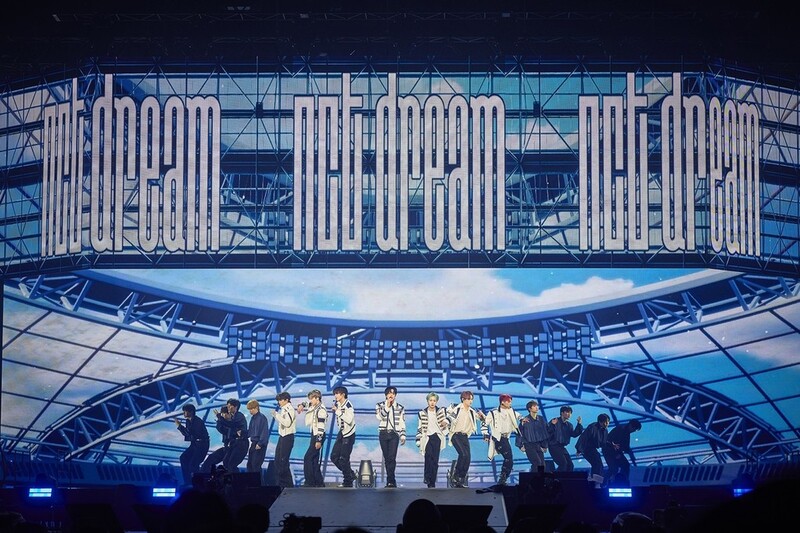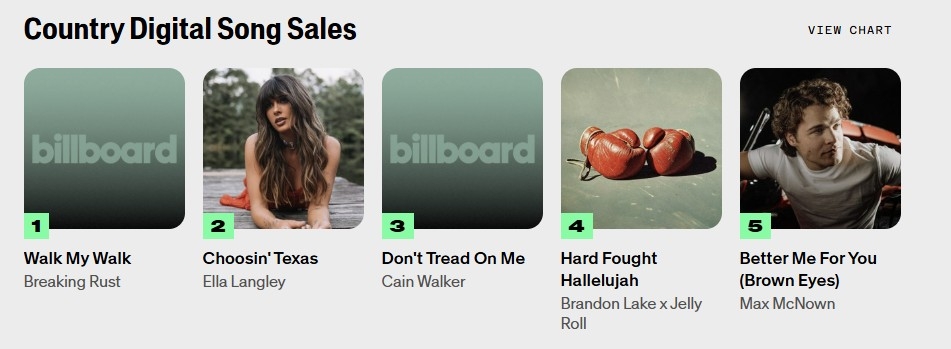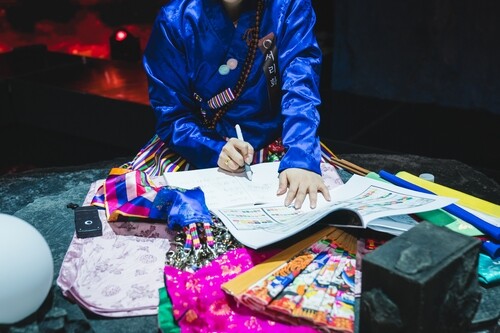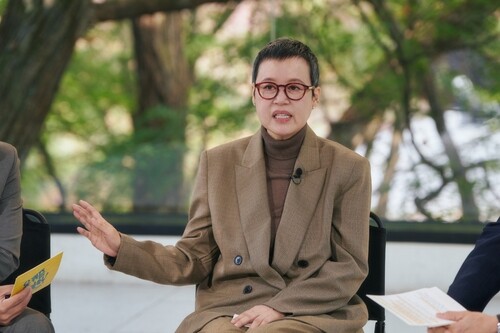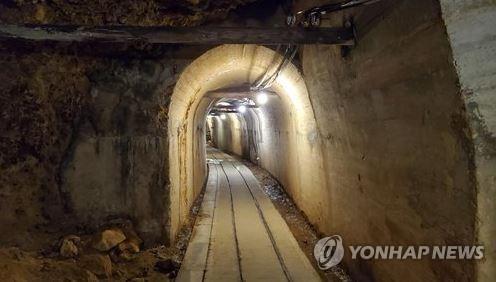 |
| ▲ This undated photo shows a mine shaft built after the Meiji era in the Aikawa gold and silver mines in the Sado mine complex on the island of Sado, in Niigata Prefecture, Japan. (Yonhap) |
S Korea-Japan-Sado mine
S. Korea's decision on Sado mine listing as UNESCO heritage hinges on Japan's action: official
By Kim Seung-yeon
SEOUL, June 7 (Yonhap) -- South Korea's foreign ministry said Friday it will decide whether to assent to Japan's listing of its old mine complex as UNESCO World Heritage, depending on how Japan addresses the location's history as a site linked to its wartime forced labor.
Seoul's stance came a day after the Japanese government released details of the evaluation by a UNESCO advisory body on its submission of the Sado gold and silver mines for the World Heritage inscription.
The International Council on Monuments and Sites (ICOMOS) recommended that the case be "referred back" to Japan to complement the application, Japan's Kyodo news agency reported, citing Japan's cultural affairs agency.
Japan has been pushing to inscribe the Sado mines, once the largest producer of gold in the 17th century, on the World Heritage list. South Korea has protested that Japan intends to leave out the part of its history as a site where thousands of Koreans were forced to toil during World War II, when Korea was under Japan's 1910-45 colonial rule.
"We could oppose it, or we could not. It depends on how Japan goes about doing it," a foreign ministry official told reporters on condition of anonymity when asked whether South Korea will give consent to the application.
"The objective of both governments is to reach an agreement and avoid the situation where this will end up in a vote," the official said.
An inscription on the World Heritage list requires over two-thirds of the votes from member states of the World Heritage Committee (WHC), but it has been customary that the final decision is delivered upon consensus.
South Korea is one of the 21 rotating members of the WHC this year, along with Japan. The WHC will decide on the Sado mine application at a meeting in New Delhi, set for July.
The official emphasized that South Korea will continue to tell Tokyo its position until it delivers Seoul's demands for full reflection of the history of the Sado mines related to the wartime forced mobilization of Koreans.
"Should our government determine that our position has been sufficiently reflected to a point, we are considering not blocking a consensus being formed," the official said.
The official also pointed out that the government is focused on "finding a way" for Japan to carry out the UNESCO recommendations, given that it has still not delivered on its promise to fully show the history of the Hashima Island, another site linked to the forced labor of Koreans, since its World Heritage inscription in 2015.
"We're continuing to make these demands to Japan to keep its promise," the officials said.
(END)
<저작권자(c) 연합뉴스, 무단 전재-재배포, AI 학습 및 활용 금지>
(C) Yonhap News Agency. All Rights Reserved












